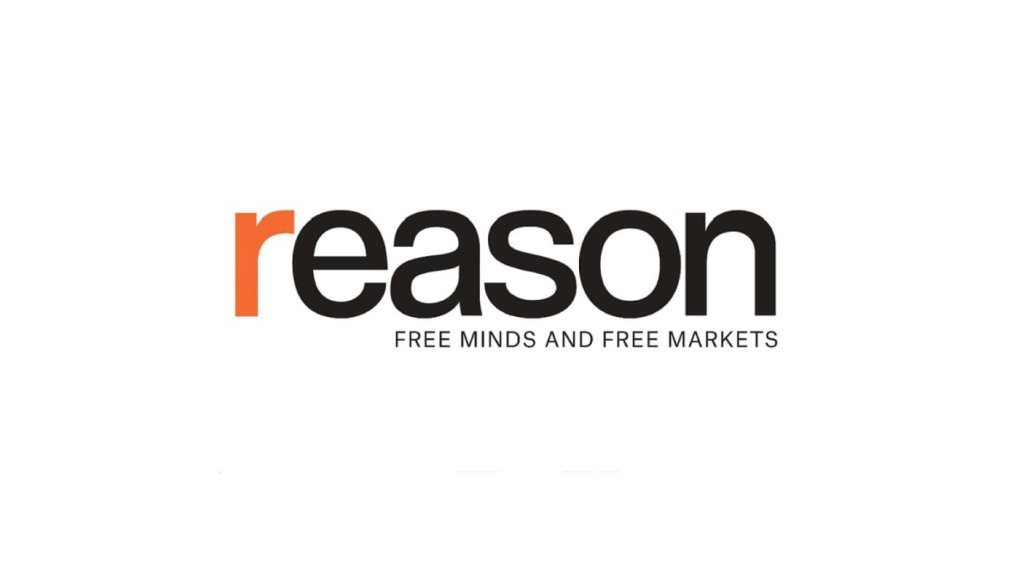Ghiblifying the Fent Trafficker Deportation
Studio Ghibli memes beaten to death: Bear with me as I attempt to explain something extremely online that nevertheless carries some political significance.
You may be familiar with Studio Ghibli, the Japanese animation studio helmed by Hayao Miyazaki, behind classics such as My Neighbor Totoro and Spirited Away. Open AI, the creators of ChatGPT, recently released another higher-quality image generator that people have realized allows images to be rendered in the Studio Ghibli house style. Note that this is contra Miyazaki’s own wishes (“I strongly feel this is an insult to life itself,” the 84-year-old said of overly incorporating technology into art) and possibly a copyright violation, but that’s sort of the least of our worries here. The main controversy now is that people have been putting all kinds of famous images into the meme generator—George W. Bush being told about 9/11, Tony Montana in Scarface, etc.—and that the White House has, uh, decided to throw some images of their recent deportations in there too.
So here’s a Studio Ghibli version of the deportation of Dominican woman Virginia Basora-Gonzalez, a 36-year-old fentanyl trafficker who illegally reentered the country and was arrested by Immigration and Customs Enforcement (ICE) officers on March 12:
https://t.co/PVdINmsHXs pic.twitter.com/Bw5YUCI2xL
— The White House (@WhiteHouse) March 27, 2025
Lots of art is political, and lots of political messaging is tasteless, but this type of move by the White House is worth opposing on two fronts.
The first, less serious front: This is horrible art. It’s lazy and just jumping on a sort of boring and already played-out meme format. It’s cruel, and there’s no discernible deeper meaning. She’s fat and crying and engaged in the illegal drug trade—of a very serious drug that has claimed many victims—and thus easy to make fun of on all counts.
The second, more serious front: We’re in the midst of a large-scale deportation effort by the federal government. If they want enduring public support for such a thing, they need to wholly change their demeanor as well as their practices. Deportation is not funny and light; it’s using the power of the state to forcibly evict people from their homes, schools, workplaces, and communities. In some cases—like with Basora-Gonzalez or actual violent Tren de Aragua gang members—it is warranted, and the public supports it. In other cases, though it may be legally permissible, the wider public feels conflicted or opposes it: Think of those ICE raids at Mississippi chicken processing plants during Trump’s first term and the havoc it wreaked on the industry and those communities—all for what? And regardless of the morality/public sentiment side, the way this is happening is contra what Vice President J.D. Vance explicitly said would happen: “I think that if you deport a lot of violent criminals and frankly if you make it harder to hire illegal labor, which undercuts the wages of American workers, I think you go a lot of the way to solving the illegal immigration problem,” he told an ABC News anchor last August. He said the administration would start w
Article from Reason.com

The Reason Magazine website is a go-to destination for libertarians seeking cogent analysis, investigative reporting, and thought-provoking commentary. Championing the principles of individual freedom, limited government, and free markets, the site offers a diverse range of articles, videos, and podcasts that challenge conventional wisdom and advocate for libertarian solutions. Whether you’re interested in politics, culture, or technology, Reason provides a unique lens that prioritizes liberty and rational discourse. It’s an essential resource for those who value critical thinking and nuanced debate in the pursuit of a freer society.




